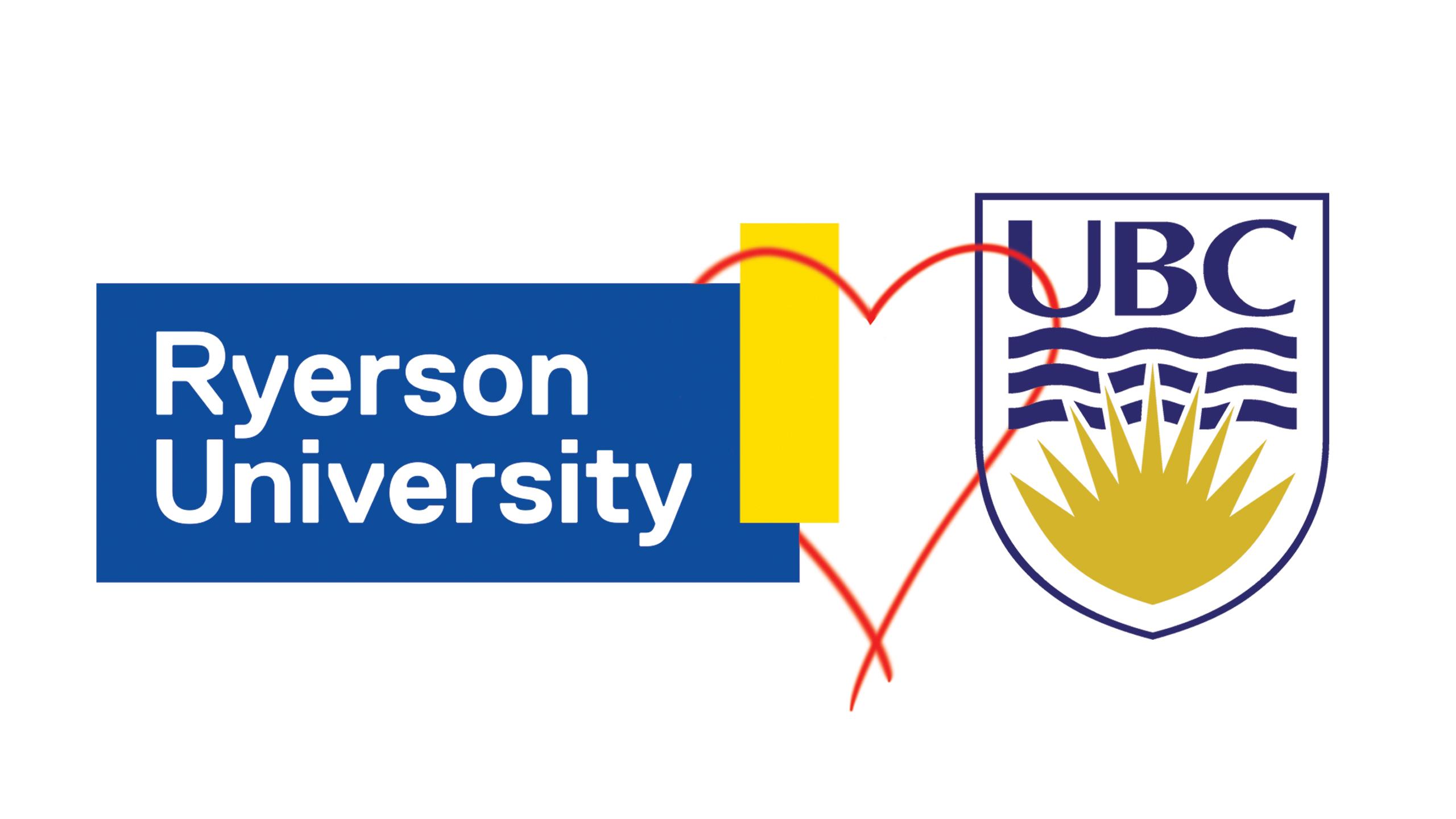By Kashish Hura
Ryerson University’s Faculty of Arts is collaborating with the University of British Columbia (UBC) on a program designed to train students for a career in politics.
The program named the Institute for Future Legislators at Ryerson (IFL-R) is in partnership with UBC’s Centre for the Study of Democratic Institutions (CSDI) to offer students a two-month summer training.
Maxwell Cameron, the CSDI’s director and his team initially developed the program at UBC in 2013, with the collaboration of Preston Manning, an Alberta-based conservative Canadian politician.
Manning wanted to create a cross-partisan program to promote civic literacy and encourage people to run for office, said Cameron.
“Pursuing a career in politics means that you’re living in a fishbowl where people are watching your every move,” he said. “It’s very adversarial and part of it is has become very toxic.”
“In this program, however, you can learn by doing trial and error but if you do it in the real political arena, you’re in the public’s eye and it can be quite punishing,” he added
Cameron said the program is unique as it uses simulations of real-life situations from the political life and guidance from academics to make the participants become proactive and democratic citizens.
IFL-R will include simulations like visiting the legislative chamber in Victoria, B.C. and running the entire council meeting, he said. From choosing the speaker and secretariat to reading bills and doing the caucus and committee work, Cameron described it as “one of the only programs of its kind in the world.
John Beebe, senior advisor of democratic engagement exchange at Ryerson’s Faculty of Arts said he will be supporting and leading the team behind the program by engaging practitioners, and developing programming that is intellectually stimulating and provides hands-on opportunities for participants to practice political leadership.
“The IFL-R will provide participants critical insights and skills required to make a difference as an elected official and demonstrate how to succeed without violating norms that keep our democracy healthy,” he said.
Beebe migrated to Canada in 2008 and said he believes this program will be instrumental in addressing key problems in the Canadian political climate.
“As a new Canadian, I am very appreciative of what we get right in terms of our democratic discourse,” Beebe said, “We are not seeing the levels of divisive politics that is undermining democracies around the world.”
“Instead, the risk for Canada is complacency and if we don’t engage in the norms that keep our democracy healthy, then we will be subject to the same forces that are undermining democracy in other countries,” he added.
Chris Gorczynski, a Master of Management (MM) graduate from the UBC Sauder School of Business participated in the program in 2017. He said that experiences in student government during graduate school inspired him to further explore his leadership potential and aptitude for political roles through the IFL program.
“The program highlighted to me the ways [when] politics[…] in Canada works and the ways in which it doesn’t, and how that puts our democracy at risk,” Gorczynski said. “We need a new generation of thoughtful, passionate leaders who want to help improve and adapt our politics and system of government to current and future needs”
Gorczynski added he hopes IFL expands to every major Canadian city.
Hailey Graham, also a past participant of the IFL at UBC, has worked with the Institute for the past five summers and said that her experience attending the program was “phenomenal.”
“The program is a microcosm of what politics is like in the real world,” Graham said. “Whether you have an optimistic or a pessimistic outlook of the political life, it will help you develop your understanding of what a career in politics could be like.”













Michael Tsai
Banks funding all of these initiatives? Don’t see a huge conflict of interest here?